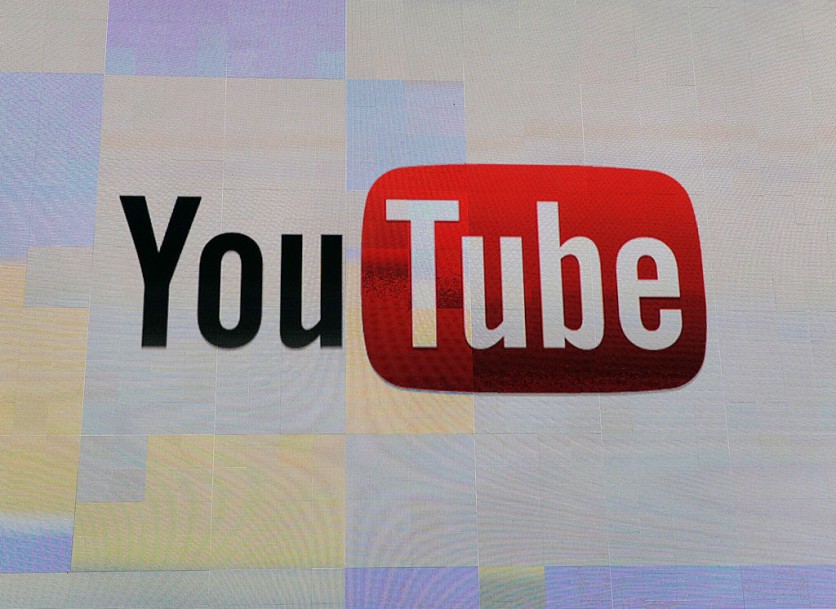The iOS version of YouTube will reportedly ask users again about ad tracking, pushing them to 'Allow' this feature to bring more personalized ads to their accounts. It is known that Apple previously required apps to make ad tracking transparent for users, allowing them to choose either to opt in or 'Ask App Not to Track' depending on their preferences.
However, not all accounts would be re-asked by the company to opt-in, as there would be exemptions for certain types of users.
YouTube iOS to Ask Users to 'Allow,' Opt-In to Ad Tracking
In a new statement from a YouTube Spokesperson (via 9to5Google), the media streaming giant will soon ask iOS users to opt into its ad tracking program, and a prompt will again appear for users despite not installing the app for the first time or reinstalling it.

This will appear for iPhone and iPad users who will yet again face the App Tracking Transparency (ATT) prompt from Apple to either 'Allow' or 'Ask App Not to Track.'
Choosing 'Allow' would let YouTube access their activity and data and would be shared with non-Google apps, websites, and more to bring in personalized ads with ad measurement.
Opting out or tapping 'Ask App Not to Track' would remain the same, and the app would not access the activity and data to non-Google platforms, offering less relevant and repetitive ads.
YouTube Personalized Ads: Exemptions Coming
According to the report, there would be exemptions for the prompt to appear again, as it would only be shown to Free users, with Premium-subscribed and kids' accounts being left alone.
It was also revealed that this program would help creators on YouTube.
Apple's iOS App Tracking Transparency
Apple paved the way for new smartphone experiences by introducing App Tracking Transparency, which was released alongside iOS 14.5 in 2021. It allows users to opt-in or 'Ask App Not to Track' on a certain application's ad-tracking program and promises to keep these platforms away from their data for personalized ads.
One month after it was released, a study behind Apple's new feature saw that nine out of 10 iOS users chose to opt out of ad tracking from various apps, with 96 percent not allowing them.
This led many companies, such as Facebook (now Meta), Snap, Twitter, YouTube, and others, to complain about Apple's feature, claiming that it significantly affected their operations.
After more than three years since this feature, iOS users are still enjoying not being tracked by apps and keeping their data private, but its downside is the ads that appear are repetitive. That being said, YouTube looks to ask users again if they want to opt in or out of the program, according to reports, offering improved personalized ads that would adhere more to their interests than other factors.

ⓒ 2025 TECHTIMES.com All rights reserved. Do not reproduce without permission.




